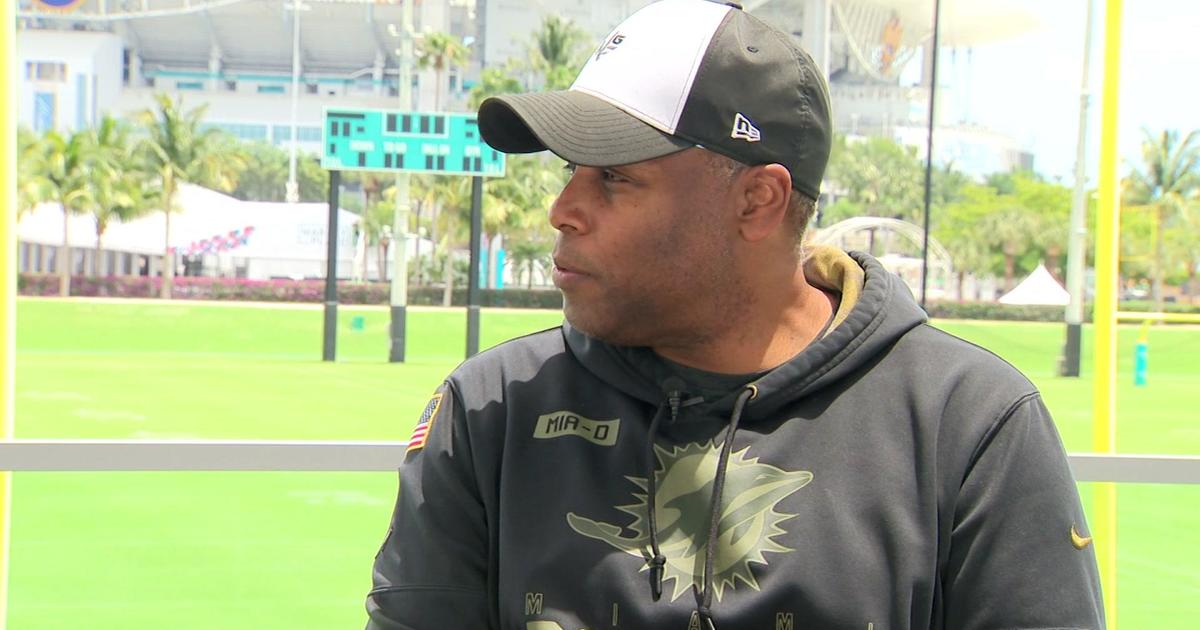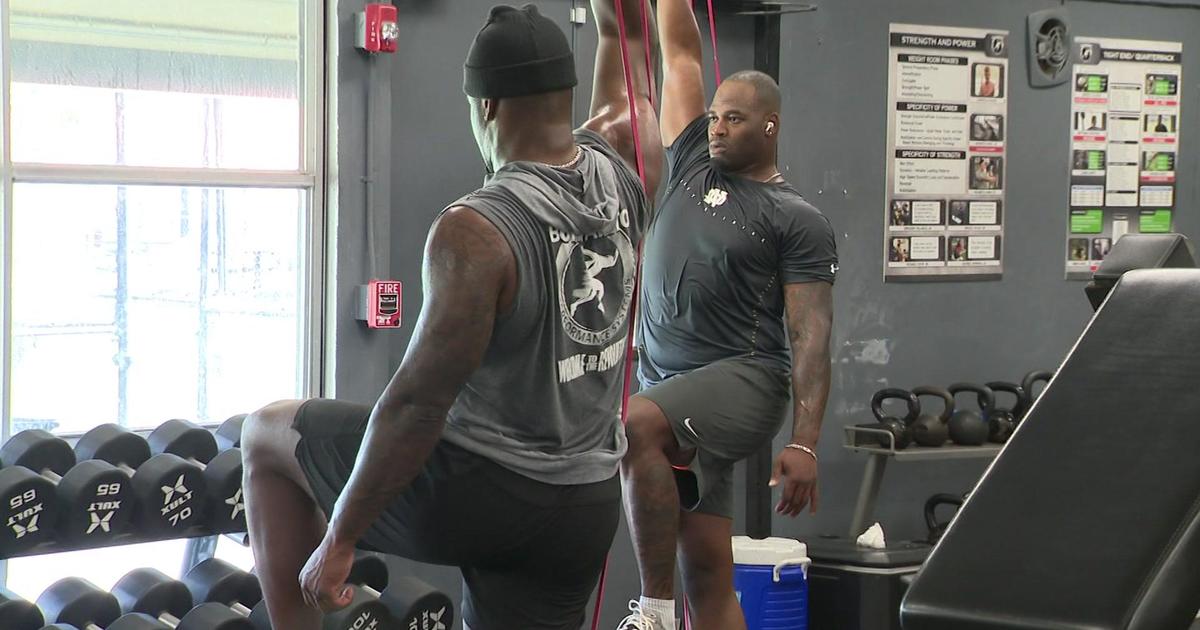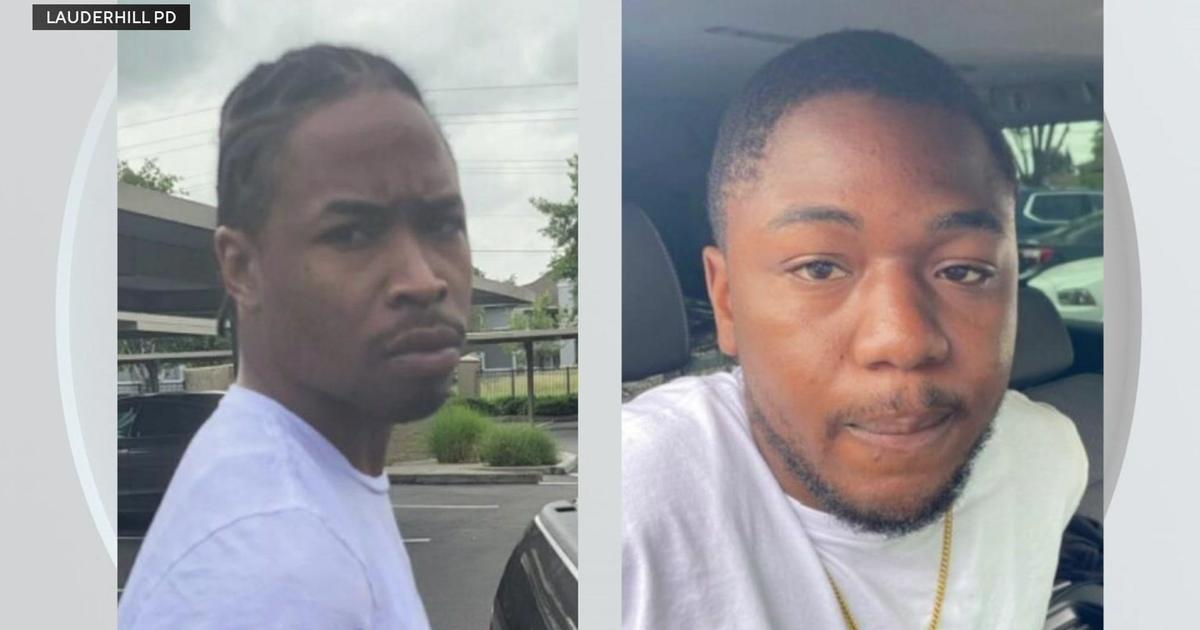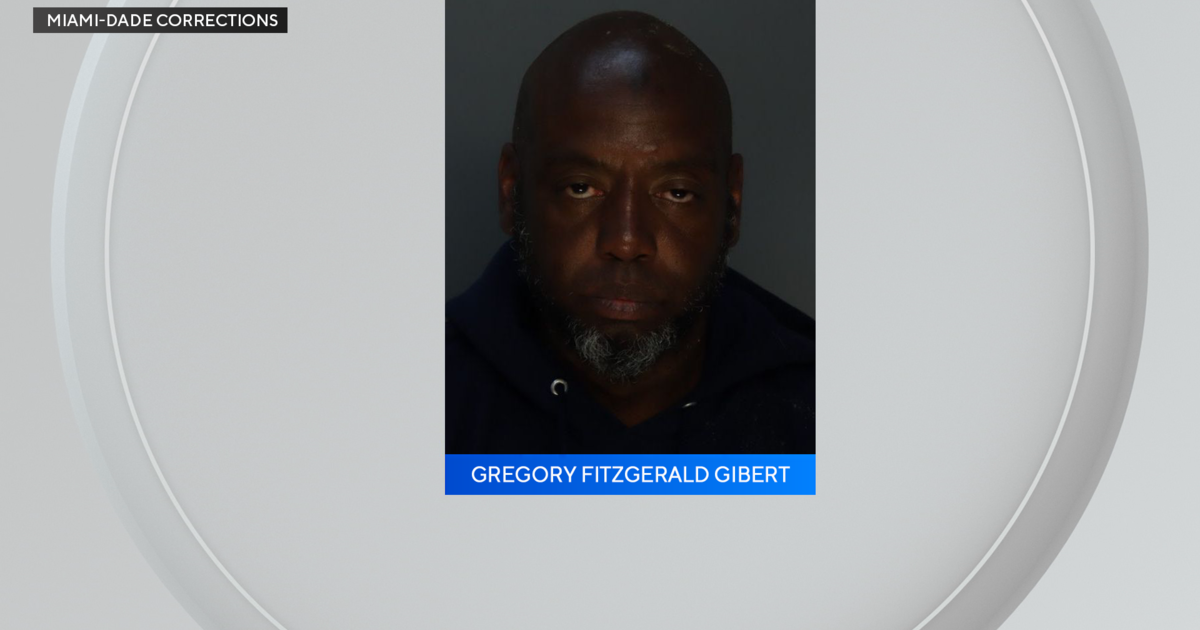Miami Children's Hospital Takes Action Against Sudden Cardiac Death in Young Athletes
This article was supplied by Miami Children's Hospital, which is responsible for its content.
The risk of injury is a common concern among parents of child athletes. What if they fall? What if they are hit? Or worse, what if they break a bone or experience a head or spine injury? But few parents are ever concerned that their child might die of a heart defect while playing sports.
A study conducted earlier this year at the University of Washington in Seattle found that sudden cardiac death kills more young athletes than has been estimated in previous years. And according to the American Heart Association, 6,000 children in the U.S. experience some sort of cardiac arrest each year, with only 6 percent of them surviving.
"Every three days, sudden cardiac death takes the life of a young U.S. athlete," says Dr. Anthony Rossi, Medical Director of the Pediatric Cardiac Intensive Care Unit at Miami Children's Hospital, a renowned medical facility whose Congenital Heart Institute has been nationally recognized by U.S. News and World Report. "These young people often die without exhibiting advance signs of heart problems. What's more, a typical school or sports physical examination won't detect a potentially dangerous heart problem."
"While the majority of active children and young adults grow up with perfectly healthy hearts, there are some youngsters with underlying heart defects that go undetected until something tragic happens." It's important for parents to have their child's health assessed before letting him or her play strenuous sports such as basketball and football. These two activities are associated with the highest incidence of sudden cardiac death.
Meanwhile, knowing warning signs can also help in identifying if your child has a potential heart condition. Tell your child's pediatrician if, while playing sports, he or she has ever:
- Fainted
- Complained that his or her heart is racing
- Had shortness of breath
- Needed frequent breaks during sports/exercise
These signs are often indications of health issues such as asthma and heat stroke, but can also be warning signs of heart problems. Also, mention to your child's pediatrician if you tend to faint, frequently feel light-headed or tire very easily when exercising. If you have a heart condition such as hypertrophic cardiomyopathy (HCM)—more commonly known as an enlarged heart – there's a 50 percent chance your child will have it too.
"Awareness is essential," says Dr. Rossi. "Being able to identify the warning signs can often help prevent a tragedy before it happens."
In an effort to help identify those at risk for sudden cardiac death, Miami Children's Hospital recently launched a new initiative that provides free electrocardiograms (also known as ECGs or EKGs) to middle and high school athletes. The screenings are available by appointment at the hospital's main campus, as well as its outpatient centers throughout the region.
"An ECG can help identify children with heart abnormalities so that they can receive the treatment they need for a long and healthy life," says Dr. Rossi. "No child should die from a preventable cause."
For more information, please contact info@mch.com



